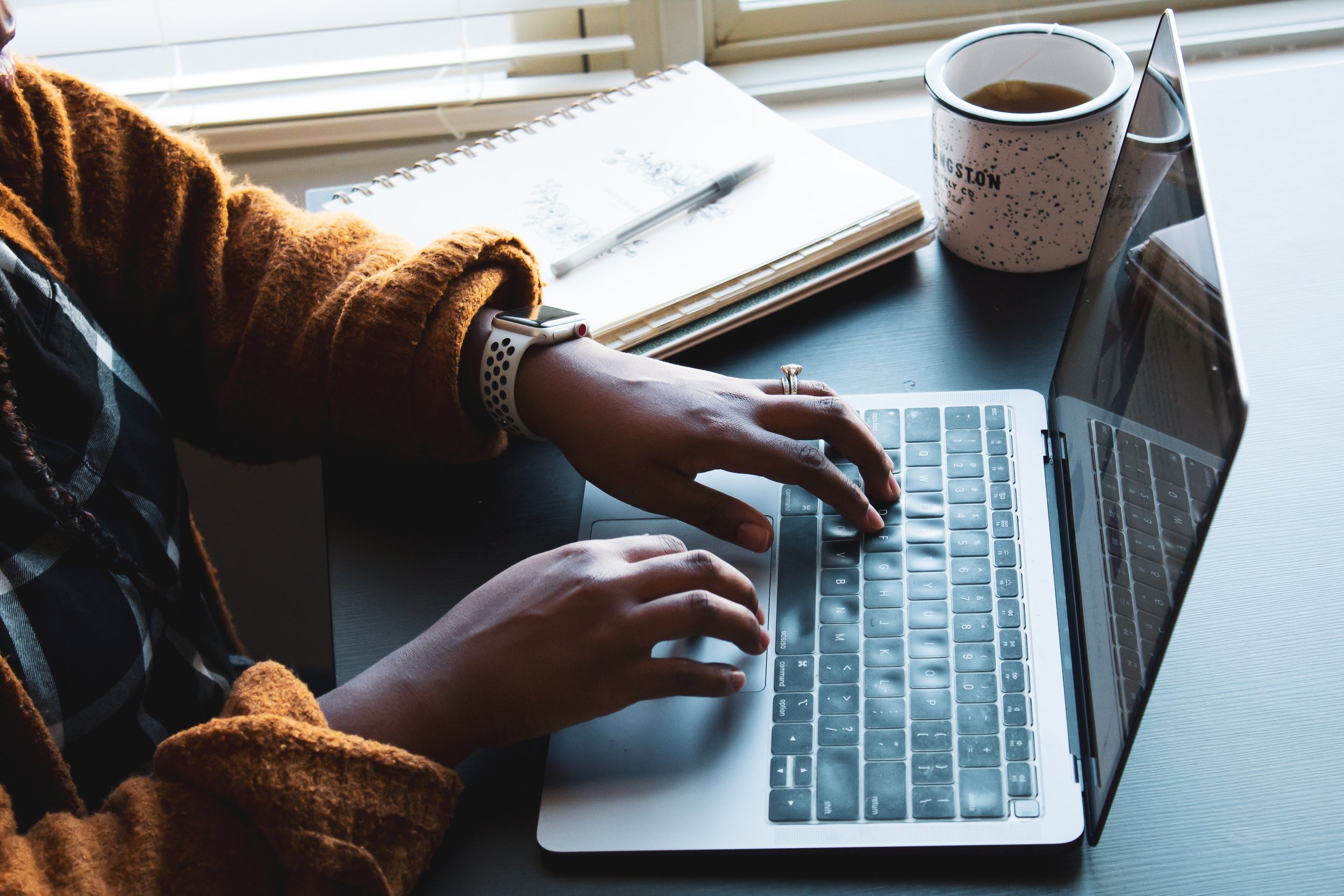
RESOURCES
Our Blog
Categories
Age | Allyship | Belonging | Bias | Culture | Disability | Diversity | Equality | Equity | Gender | Inclusion | Intersectionality | LGBTQIA+ | Neurodiversity | Progression | Recognition | Recruitment | Well-being
Why Disability Inclusion can no longer be optional in the workplace
A few years ago, I sat across from a hiring manager who proudly told me, "We treat everyone the same here."
It was meant to reassure me. Instead, it made my stomach drop.
Because if you're treating everyone the same, you're ignoring the different realities we all live with.
And for disabled people? That silence can be deafening.
Today, there are over 16 million disabled people living in the UK. That's one in four adults.
One in four colleagues.
One in four customers.
One in four friends.
Beyond the Hashtags: Why International Women’s Day can’t be just one day
Every year, International Women’s Day (IWD) rolls around, bringing with it a flurry of LinkedIn posts, panel discussions, and corporate pledges to support women. Then, as quickly as it arrived, the moment passes, and many organisations go back to business as usual, without making any meaningful changes.
"I’m not a pub girl": Rethinking Belonging in team culture
Anyone who knows me knows the pub life isn’t for me. Sticky floors, noisy crowds, and let’s face it, not a lot of faces that look like mine. It’s never been my vibe.
But back in the day, I went anyway. Not because I wanted to, but because that’s where my colleagues went after work. I didn’t want to be the odd one out, so there I was, sipping my drink, counting the minutes until I could make a graceful exit.
Disability Inclusion best practices: Creating a culture of Accessibility and Belonging
At Aquaintz Consulting, we believe in creating organisations where everyone, regardless of their background or abilities, feels empowered to thrive. Disability inclusion isn't just about compliance or meeting legal requirements; it's about creating environments where everyone can contribute their best work and reach their full potential.
Inclusion is The Great Multiplier!
In today's fast-paced and competitive world, businesses are constantly looking for ways to stand out from the competition, stay innovative, and outperform their rivals. They implement different strategies and initiatives to try to achieve these goals, but one crucial aspect that is often overlooked is inclusion. Inclusion, as the great multiplier, is and should be seen as the cornerstone that successful businesses are built on, catalysing increased performance, employee engagement, and sustainable growth.
The new regulatory framework for D & I is coming to Financial services organisations. Are you ready for it?
Financial services organisations are being held to task by investors and the FCA. A common opinion is that Financial services are significantly behind on Diversity, Equality, Inclusion & Belonging (DEIB), and some have even gone as far as saying that a lot of what has been done so far in may organisations, has just been lip service.
Rethinking Equality, Diversity & Inclusion in 2024 and beyond
I’ve not been able to sleep some nights.
The recent attacks on the essence of Equality, Diversity, and inclusion (EDI) have had me scared and curious. If we stop now, what was it all for?
Don’t get me wrong, I get it. People are fed up with tokenistic initiatives; some are scared that moving towards Equity and Inclusion could mean they somehow lose out.
How you can provide REAL support to your employees with chronic illnesses
Chronic illnesses can often go unseen, and are traditionally non-visible disabilities, that leave some sufferers feeling like imposters or unseen themselves.
#salutingoursisters Can we get a re-do please?
Is it just me, or has this years theme fallen a bit flat? Is a year enough time for everyone to get their bums into gear?
Moving the needle towards inclusivity in the workplace
When we try to create change in the world, the most effective change happens when people appreciate and understand what’s in it for them. For some of us, we are driven by the fact that creating inclusivity in the workplace is morally the right thing to do, but for some (I’m looking at CEOs and CFOs here), we need a bit more. We need to know how inclusivity in our organisations, will benefit our businesses.
Getting intentional with Equality, Diversity, and Inclusion Training
The days of tick-box training being enough are over. Employees now demand intentional, authentic, and transformative efforts in ED & I. To get there, EDI and HR leaders need to change things up and prioritise communication and purpose-driven training that goes beyond mere compliance.
Climate Change's Unequal Burden: Disproportionate Impact on Vulnerable Communities
Climate change is one of the most pressing issues of our time, affecting people and ecosystems across the globe. While its consequences are far-reaching, one of the most disheartening aspects of climate change is the unequal burden it places on disadvantaged groups. Marginalised communities, including low-income populations, people of colour, and those with limited resources, bear a disproportionate share of the negative effects of climate change.












